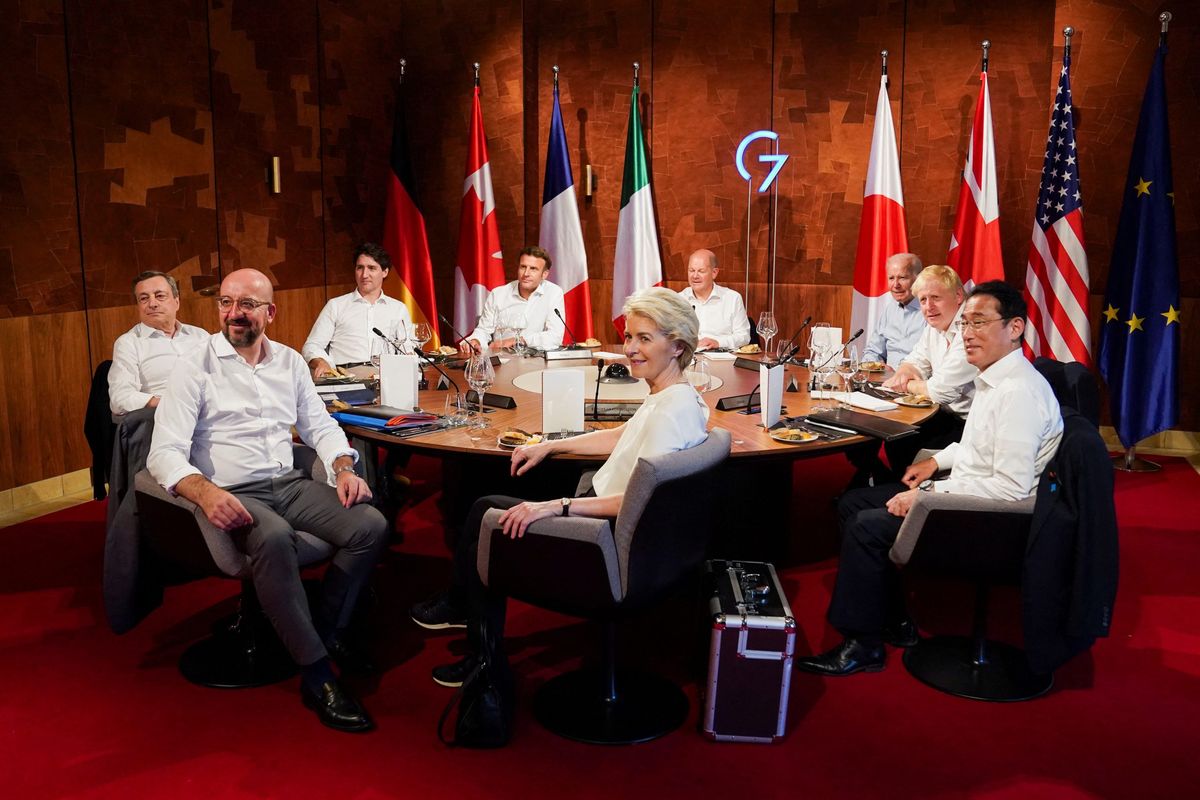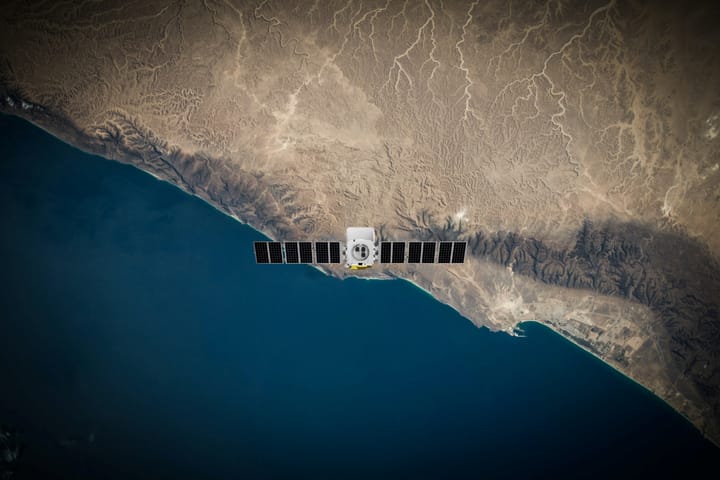Here’s what’s happened at the G7 summit so far

A few minutes every morning is all you need.
Stay up to date on the world's Headlines and Human Stories. It's fun, it's factual, it's fluff-free.
Last year, the G7 committed to ending direct international financing of fossil fuel projects by the end of this year to try and fight climate change. But, since then, the Russia-Ukraine war erupted and pushed into its fourth month with no sign of ending any time soon, throwing the global oil market into disarray and pushing inflation around the world to record highs.
With this, some sources familiar with the matter have said that Germany will propose that leaders walk back this commitment at the G7 summit during the Bavarian Alps over the next three days. However, the proposal did say that this had to be done in a way that would allow the group to meet its climate goals without creating any lock-in effects. While it’s only the first day of the summit and, up to now, nothing about this has been publicly mentioned, some sources have said that the UK has already opposed the move.
Some of the other things that have happened since the summit began:
- The UK, US, Japan and Canada have agreed to ban Russian gold imports, aimed at wealthy Russians who have been buying gold to reduce the impact of sanctions.
- “Really constructive” conversations are apparently taking place to put a price cap on Russian oil and pipeline gas to slash Russia’s energy revenue and ease inflationary pressures.
- Leaders pledged to raise US$600 billion in private and public funds over the next five years to develop infrastructure in developing nations to counter China’s influence and help with inflation.
Key comments:
A draft proposal reported by Bloomberg “acknowledge that publicly supported investment in the gas sector is necessary as a temporary response to the current energy crisis.”
“Further, we will end new direct public support for the international unabated fossil fuel energy sector by the end of 2022, except in limited and clearly defined circumstances that are consistent with a 1.5°C warming limit and the goals of the Paris Agreement,” wrote a joint statement signed by nearly 40 nations after the COP26 climate conference in 2021.
“Putting a ceiling on the price of fossil fuels imported from Russia has a geopolitical goal as well as an economic and social one,” Italian Prime Minister Mario Draghi said to the G7. “We need to reduce our funding to Russia. And we need to eliminate one of the main causes of inflation. We must avoid the mistakes made after the 2008 crisis: the energy crisis must not produce a return of populism. We must mitigate the impact of rising energy prices, compensate families and businesses in difficulty, and tax companies that make extraordinary profits.”




Comments ()